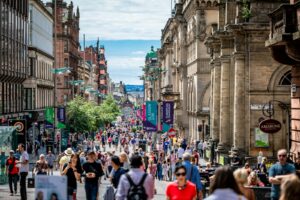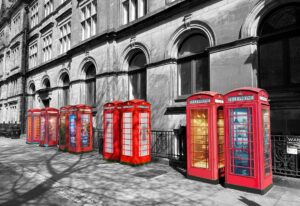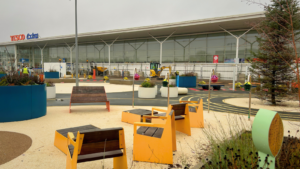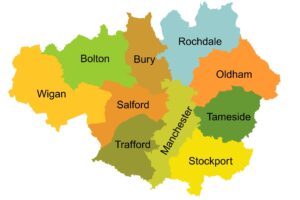Over the years, I have been to dozens of party conferences across all the political parties. Given the opportunity, I have always tried to speak up for local government and local economics. However, in an oppressively centralised democracy, economy and media, this is a minority sport.
At the Labour Party conference there was a lot of talk and enthusiasm about a ‘new politics’ and a ‘new type of economics’ but not much (yet?) on a progressive ‘local’ economics. At the Conservative Party conference we had talk of a ‘devolution revolution’. However, the economics of this ‘revolution’ remains underpinned by unprecedented cuts to local government, and is heavily framed by a Treasury, hooked to a narrow neo classical ‘trickle down’ of wealth. The devolution deals remain stacked in Whitehall’s favour.
Devolution, a new economics and a new politics are important agendas. However, the bespoke local democratisation of the economy is often beyond the ken of conventional national economic statecraft. Local government is the expert in working with social and commercial partners to curate and steward the places we work, do business, live and bring up families in. National parties must recognise this role a lot more. And when in power, national governments should be partners with local government, not masters. They need to work together to build good local economies.
‘A true ‘devolution revolution’ would have central and local government working as co-directors of the nation. It would not have local areas working up deals, to Treasury imposed timetables and being told to accept Elected Mayors or they can forget it.’
Local economies are the building blocks to a successful national economy. They matter. They are made up of an interdependent network of local social, public and commercial activity. For instance, a wealth-producing economy is built on the back of both decent public services (e.g. transport and education) and strong social capital which nurtures families, creates safe communities and forges robust and productive workers. A focus on the local economy provides a meaningful relational aspect to policy and the life of places. In local areas silly national simplicities like private is good, public is bad, has no traction. Both are good!
Listening and participating in party conference fringes, I was struck by the detachment between the demands for a ‘new economics’ or a ‘devolution revolution’ and the pre-existing work done by local government and found in places generally. National parties need to learn from them. Local places are the testbeds for ideas that can be accelerated nationally. However, in our tired old Westminster framed politics, national political parties never talk about co-producing and directing policy with local government. A true ‘devolution revolution’ would have central and local government working as co-directors of the nation. It would not have local areas working up deals, to Treasury imposed timetables and being told to accept Elected Mayors or they can forget it.
Of course national economic policy, standards and equalisation is important, but economic and social hardship or success are experienced by local businesses, families and communities in specific places. The more local the economic decision making, the more likely bespoke remedies and savvy policy will emerge. This is about understanding the real everyday economic lives of people and the operations of business. It’s about shortening the distance between economic policy, business needs and social outcomes – as CLES research on the role of anchor institutions highlights.
We need to keep up the pressure on the devolution agenda and advance a genuine new and distinctively local economics and democracy. National parties need to learn from local government, but are they listening?

















Andrea Westall and myself would like to help develop this work.
Su Maddock former Labour PPC for Torbay – the most disadvantaged resort in the South West